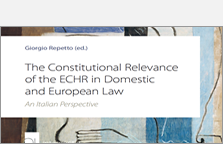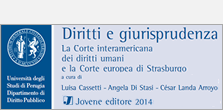VANNUCCINI S. – Diacronia dello sviluppo giurisprudenziale e legislativo della disciplina sul parto anonimo e sulla conoscenza dei propri veri natali
Autore dell’articolo/Author
Sabrina Vannuccini
Abstract
This paper deals with the interaction of two potentially competing rights, and the ways in which they can be balanced against each other: the right of the mother to remain anonymous after giving birth, without recording her name on the child’s birth certificate, and the right of the newborn to know his/her parentage, i.e. his/her biological family, ascendance and conditions of birth, as an integral part of the right to an identity.
The evolution of the regulation of anonymous birth – from the blind preference to the person who wishes to keep her identity secret (with the consequence that the right of the person abandoned at birth to find his/her origins is entirely neglected and forgotten) to the recognition that the problematic issue does not lie in the mother’s right to anonymity per se, but rather in its irreversible nature, and to the progress on the implementation of the child’s right to knowledge of his/her personal history (and similar right to knowledge on the side of the mother who desires to initiate a search for her child) – is studied through a diachronic analysis of the judicial and legislative development on this matter in the Italian Legal System.
.[…]













